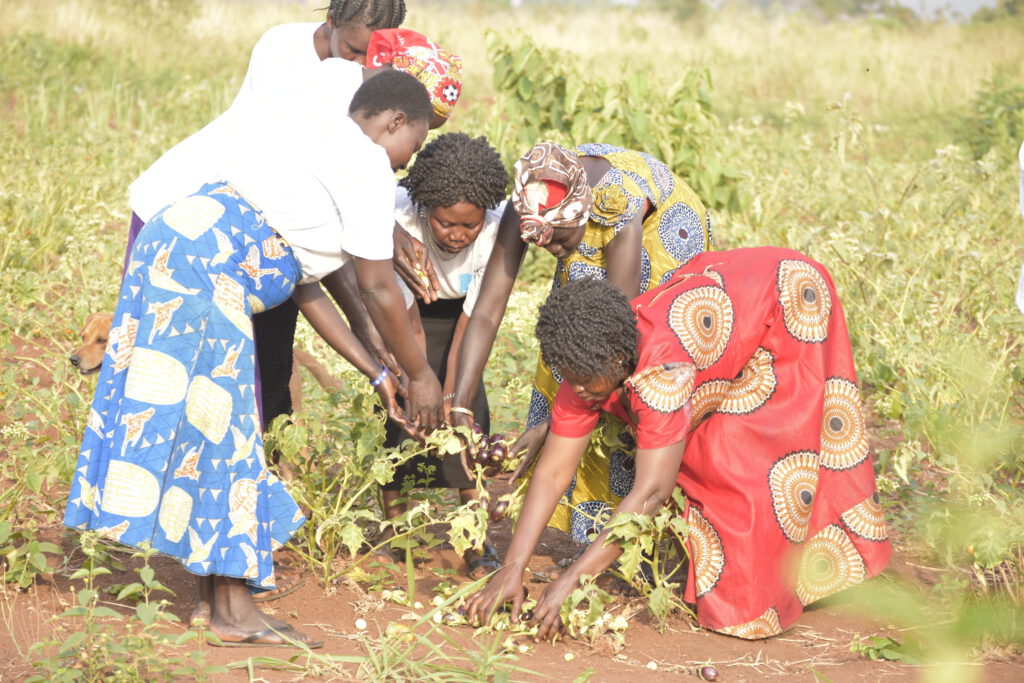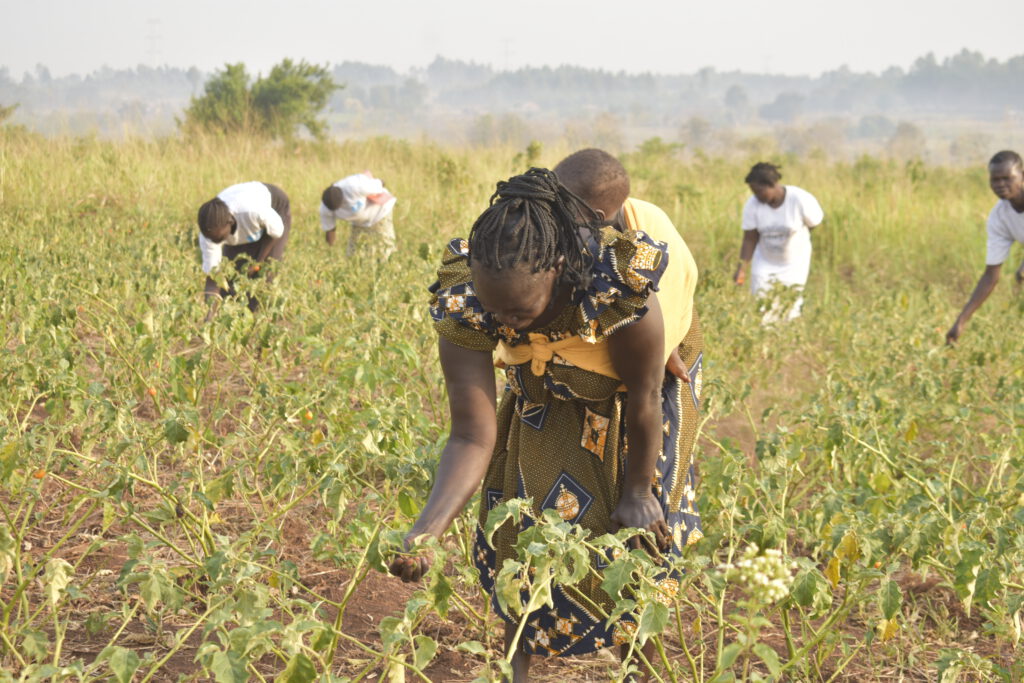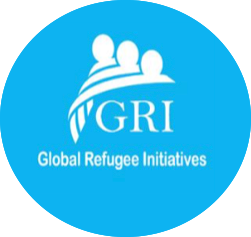Meet three strong and assertive women: Oliver, Agnes and Pinne.
Time to look at women’s economic achievements but also persisting hurdles in Kiryandongo refugee settlement.

Oliver, Agnes and Pinne all joined GRI’s livelihood activities in 2022 and have been active members of their farming and saving groups ever since. GRI supports refugee groups in vegetable block farming. The high production of block farming allows the group members to sell the vegetables and improves their own food security. Besides farming, all groups have a saving association amongst themselves, which empowers members economically through collective savings and loans.
How have these activities impacted Oliver’s, Agnes’ and Pinne’s livelihood? Hear from them:
“Joining this group has allowed me to get some money and additional food for home. Last year we received seeds from GRI. This season we were able to buy seeds ourselves from our savings. The loans help us to pay school fees for our children.”
Oliver, member of the Congolese community
“We have benefited greatly from the vegetable growing. The amount of money collected allows us to take loans and start businesses. After starting a business we bring back the profit and pay back the loan. It has changed our lifestyles. I made my little project. I grow additional vegetables at my place and sell them. Five of us are doing this. We have learnt from GRI.”
Pinne, member of the host community
Despite the livelihood interventions from different NGOs in the settlement, various obstacles to economic prosperity persist. According to UNHCR, 60% of the settlement’s population is under the age of 18 years. The resulting amount of child care work, which is mostly carried out by women, has a major impact on women’s livelihood opportunities, especially with regards to access to formal work. Also, due to declining funds, food provisions in all settlements across Uganda were reduced last year, thereby increasing the financial pressure on households.
“Access to water in the dry season is the biggest challenge for our farming groups. Also, earning money is more difficult for women. The jobs are limited.”
Agnes, member of the Congolese community
“The lack of water during dry season limits our harvest but in that period the market prices would be better for us. For women living in this area I see a major challenge in the lack of education.”
Pinne
A statement Oliver confirmed:
“Many adults here do not know how to write and read. The adult classes in the settlement focus on business development. But for the ones who cannot write and read there is nothing. This is a problem.”
Oliver

With its farming program, GRI contributes to food security within the settlement and promotes financial independence of refugees through saving group activities. If you share our vision and wish to support the economic empowerment of displaced people visit our donation site.
